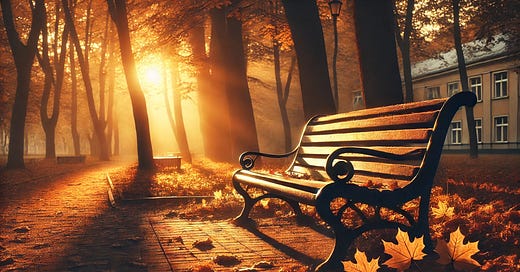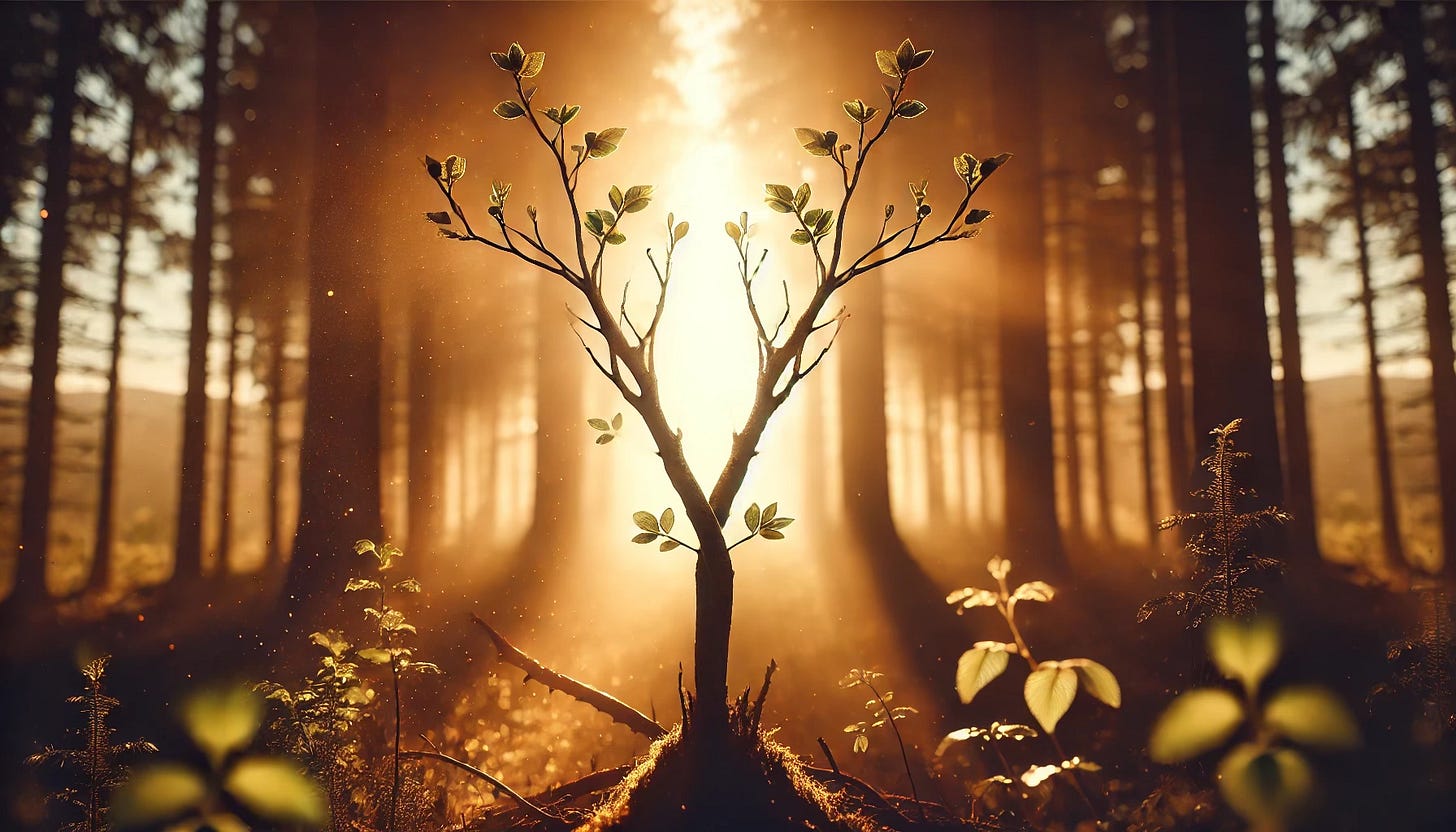The Silent Grief of Friendship Breakups
Navigating the quiet grief of lost friendships, the lessons they leave behind, and the courage to embrace connection again.
There’s a kind of heartbreak that no one prepares you for—a friendship breakup. It doesn’t arrive with slammed doors or dramatic fights. It’s quieter, like a slow fade. We speak so much about the agony of romantic endings, but the pain of losing a friend is just as profound—and often overlooked.
The worst part? You rarely see it coming. One day, you’re laughing over inside jokes and swapping secrets, and the next, there’s a chilling silence. Plans that once felt sacred are suddenly “too much.” Messages left unanswered. And then, one day, it hits you: the connection that felt unshakable is gone.
I remember the first time I lost a friend—not to distance or time, but to something more permanent, more final. At first, I couldn’t even name what was happening. Our conversations grew strained, our check-ins less frequent. And then one day, there was… nothing.
No explanation. No closure. Just silence.
The pain was sharp, like losing a piece of myself. It left me hesitant, wary of opening up again. Each time I’ve gone through it since, it’s chipped away at my courage to trust. I started questioning, Is it even worth it? Why risk this kind of pain again?
But as I’ve grown, I’ve come to realize something fundamental: as adults, we need friendships. Not just the kind you wave to across the office or like on social media, but the kind that truly see you. Friendships that carry you through the messiness of life, that nurture your soul, hold you accountable, and remind you you’re not alone.
Especially as we juggle family, careers, and personal growth, the people we choose to keep close become lifelines. They’re the ones who show up when we can barely show up for ourselves. They celebrate our victories, no matter how small, and sit with us in our grief.
Losing a friend hurts. But never trying again? That’s an ache that lingers far longer.
Still, I understand the hesitation. Each loss makes it harder to open up again. You start to ask yourself, What’s the point? But then, something beautiful happens—a shared laugh, an unexpected moment of vulnerability, a small gesture that reminds you why we take these risks in the first place.
It’s a strange grief, mourning someone who’s still alive. You see their smiling photos, their thriving updates—but without you. And there’s no playbook for this loss. No comforting clichés or cultural rituals. It’s just an ache you carry quietly, wondering if anyone else has felt the same.
Over time, I’ve learned this: outgrowing a friendship doesn’t erase its value. The memories remain, the love doesn’t disappear. But sometimes, people are only meant to be part of your story for a chapter, not the whole book.
Outgrowing someone doesn’t mean you failed, and it doesn’t mean they did either. It just means you’ve both grown in different directions—and that’s okay.
Friendships, I’ve realized, aren’t about permanence. They’re about presence. They’re about the moments when someone truly sees you, when they allow you to see them, even if it’s just for a season.
So now, I’m learning to grieve the friendships I’ve lost while leaving space for the ones yet to come. Because life is messy and unpredictable, but the right people—the ones who make you better, who make you feel seen and loved—they’re always worth it.
If you’ve lost a friend, I see you. And if you’re hesitant to let someone in again, I hope you’ll take the chance. Because the friendships that matter, the ones that help us thrive? They’re worth every risk.






